
But that’s not the story I want to tell anymore, nor do I want to tell one about the mental illnesses that were triggered by a decade of bullying, relieved only by (oddly enough) high school, and then college, where I became comfortable in my own skin, with the support of fantastic friends.
I’m not in high school anymore, though. Nor am I in college. I’m 23, and lately I’ve been thinking about forgiveness. Because some days I can forgive the people who hurt me, and some days I can’t. I don’t believe, for me at least, that forgiveness is a rigid thing. It’s pretty fluid, depending on my mood, a therapy session I was in, the weather, and so on.
Around 4 years ago, my worst bully was a boy who, for a whole school year, made it his mission to make my life hell. It started off tame, and morphed into lunch sessions that would end with me crying in the bathroom or a physical assault that ended with my father going to his house and telling him never to speak to me again. Which he didn’t, until one sticky, summer night four years ago.
I was at a neighbor’s BBQ to celebrate the Fourth of July. He was there, and I felt my whole body freeze up, threatening to turn into a panic attack as the boy, now a man, gave me a quick hug. It was strange. I did not want him to touch me, but before I could voice my concern, he hurried away, looking down, and I turned to see my father behind me, looking angry, not at me but at him, with his arms crossed.
I could’ve left there and then. Just walked home in my platforms, but I told my dad I didn’t want to show I was rattled. It had been years, after all.
So I stayed, and it wasn’t until much later, after my father left, that the boy, a little tipsy, approached me and sat on the patio next to me.
And he did the strangest thing. He apologized.
 I was taken aback, understandly. But I’d also, weirdly enough, had a therapy session with, you know, my therapist, and we talked about how sometimes, you have to forgive people who never say they’re sorry. Not for their sake, but your own. I wasn’t sure I could be the kind of person to do it, but the conversation was still mulling over my head when the boy apologized.
I was taken aback, understandly. But I’d also, weirdly enough, had a therapy session with, you know, my therapist, and we talked about how sometimes, you have to forgive people who never say they’re sorry. Not for their sake, but your own. I wasn’t sure I could be the kind of person to do it, but the conversation was still mulling over my head when the boy apologized.
I can’t say whether it was sincere. I can’t tell you that I’m a mind reader or that I know for a fact that he meant it. But I told him, surprising myself and I think him, that I forgave him. This was only after I’d told him the impact he’d had: I’d covered mirrors to hide my reflection, cut myself, tried to kill my self, all by the age of 16. And yes, he wasn’t solely to blame, but he was a trigger, a trigger so bad that when he was placed in my Algebra 2 class, I begged my teacher not to sit us near each other. Thankfully, she did not.
But the next day, telling the story to my mom, I took it back. I was angry again, and hurt, and confused. Why after all these years? Why all the suffering? Why now? Why don’t we ever see the consequences of my actions until it’s too late?
I went back and forth on it—feeling generous for one hour, then wrathful the next—never agonizing over it, per say, more along the lines of trying to solve a piece of my puzzle: was I a forgiving person, or was I not?
Then, I realized: I can be both.
I’m not advocating for forgiveness, or vice versa. I do think there are some things that are truly unforgivable, and a few have happened to me in the years since that BBQ. But something in me changed, something good: I went to college, joined clubs, dated girls, made friends, then graduated college (manga cum laude, which was cool), and basically just moved on. And I discovered that I wasn’t the only one of my peers who was bullied, and I wasn’t the only one who grappled with the idea of forgiveness. It’s terrible to think that most of my friends went through the same awful ordeals I did, but it’s comforting to know I hadn’t been suffering alone—I’d only wished someone had told me while I was going through it.
I don’t credit the boy giving me an apology for my ability to move on in my life, but that apology did allow me to discover that I was okay with having an on-again, off-again relationship with forgiveness. That’s just my nature. And since then, when people have hurt me, it’s easier not to dwell. I know I can have my moments of anger, and I know I can have my moments where I just let it go. Both my anger and my forgiveness have a time and a place. Knowing it doesn’t have to be all or nothing when it comes to what I feel. Few things in this world are absolute.
The moments where I do have it in me to forgive don’t abosolve him. I think we both know that, though I haven’t seen him since that summer night. I think he’s in England now, doing his own thing, maybe with planes, because I remember him liking them. In this moment, I hope he’s doing well. I know I am.
PS: The picture of me shown is from my college graduation, which I worked super hard to do! I was very happy in this picture. I hope you all find that happiness, too.

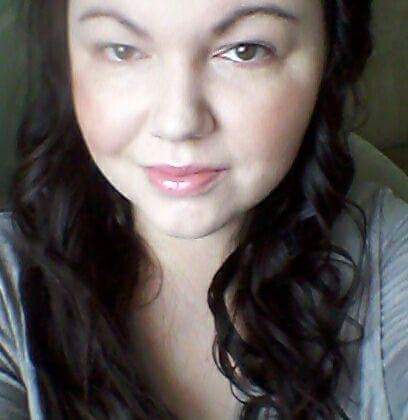
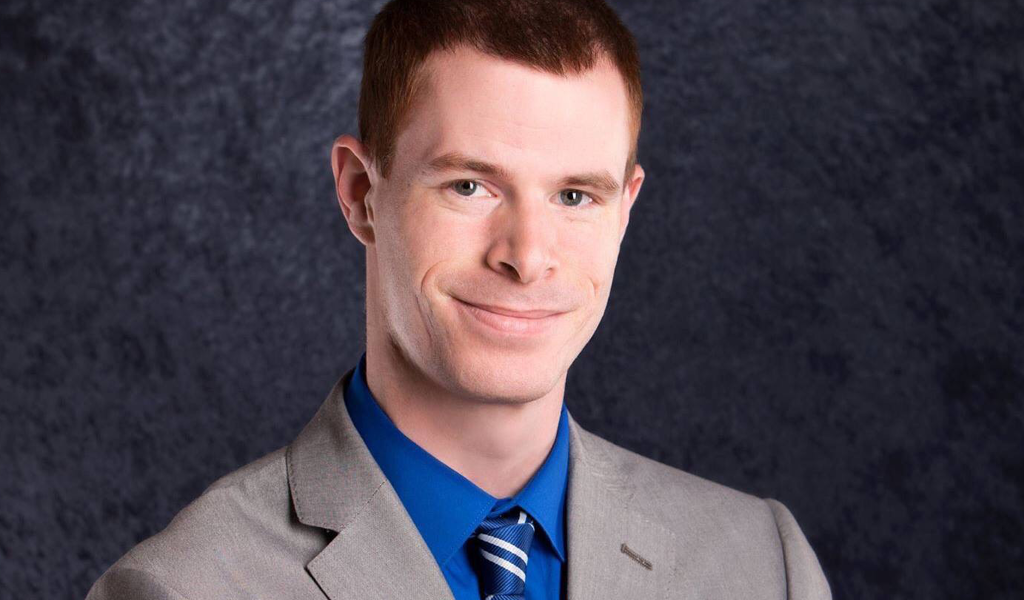

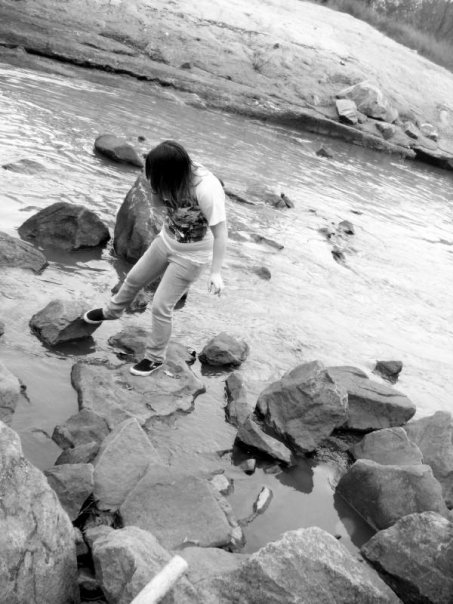
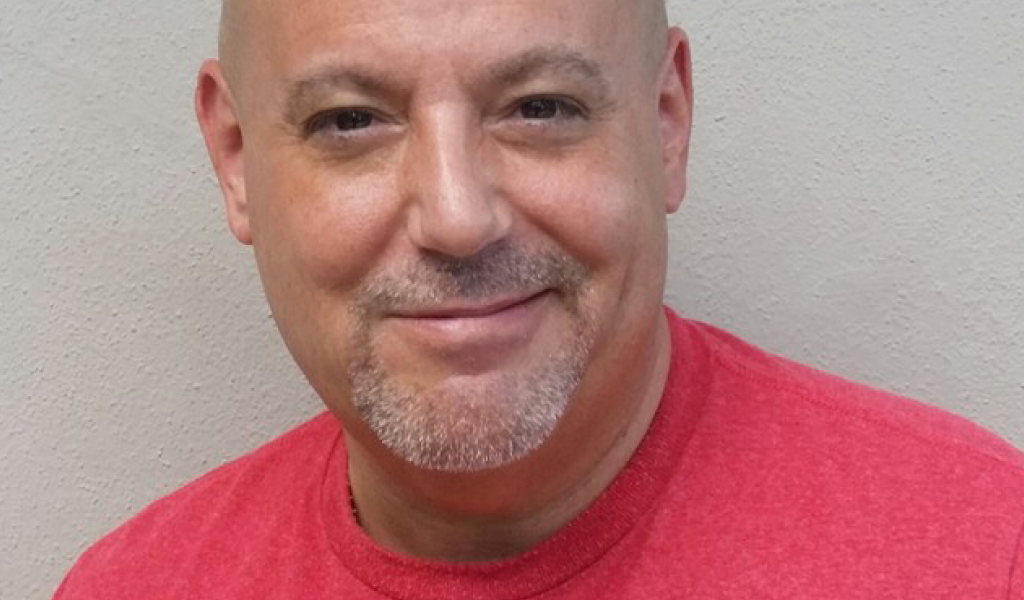
 The cyber harassment was instigated and created mostly by my father’s relatives. But, it was supported by other people in the community. I was blind-sided each time that I witnessed one of them give a thumbs up to these posts attacking me as well as my mother. The sense of betrayal also added to the feelings of isolation and loss I was experiencing after finding my father dead. I attempted to move away from the area several times. I blocked each and every profile, along with profiles that gave such posts a thumbs up. I never responded or engaged with the relatives or others who supported the harassment. When they could not get to me via social media, a note with my image and vicious comments in red ink written across it was left on the windshield of my car for me to find after coming home from a Gay Pride Parade. My mother also received threatening and bullying notes in the mail. Finally, the relative who had been the chief instigator of the bullying, confronted me in a parking lot. She followed me to my car, blocked my way, and hurled insults at me insulting my masculinity while daring me to put my hands on her the entire time.
The cyber harassment was instigated and created mostly by my father’s relatives. But, it was supported by other people in the community. I was blind-sided each time that I witnessed one of them give a thumbs up to these posts attacking me as well as my mother. The sense of betrayal also added to the feelings of isolation and loss I was experiencing after finding my father dead. I attempted to move away from the area several times. I blocked each and every profile, along with profiles that gave such posts a thumbs up. I never responded or engaged with the relatives or others who supported the harassment. When they could not get to me via social media, a note with my image and vicious comments in red ink written across it was left on the windshield of my car for me to find after coming home from a Gay Pride Parade. My mother also received threatening and bullying notes in the mail. Finally, the relative who had been the chief instigator of the bullying, confronted me in a parking lot. She followed me to my car, blocked my way, and hurled insults at me insulting my masculinity while daring me to put my hands on her the entire time. 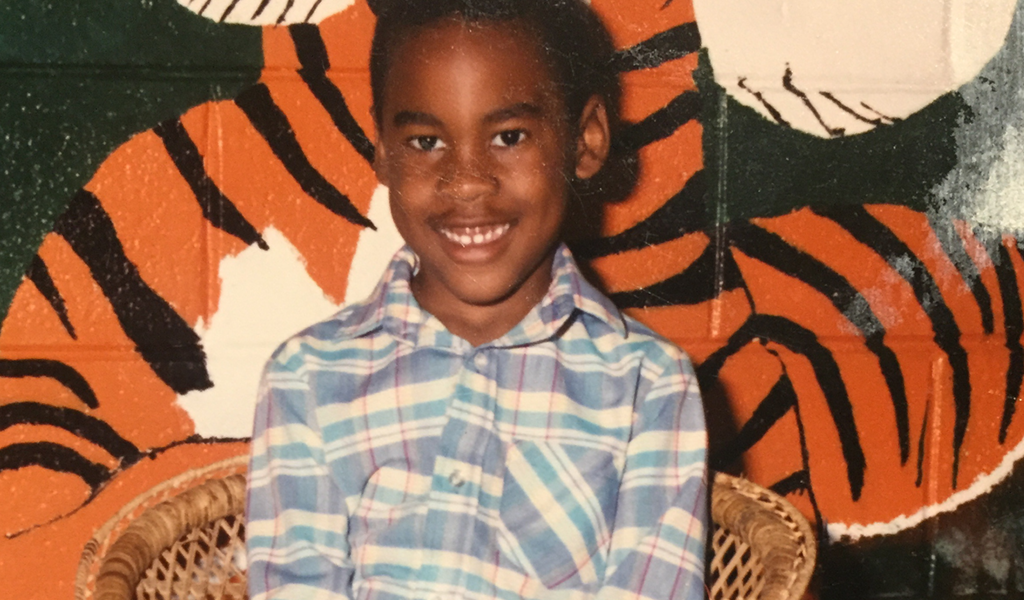
 As a child of Jehovah’s Witnesses growing up in the South, I didn’t know that having more feminine mannerisms and my religious beliefs would be the reason why I was bullied. But as I grew up, I was reminded of these differences constantly. As we went through each grade, James, John and Derrick bullying increased and got more intense. His aggression toward me led other students to tease me too, at his daring.
As a child of Jehovah’s Witnesses growing up in the South, I didn’t know that having more feminine mannerisms and my religious beliefs would be the reason why I was bullied. But as I grew up, I was reminded of these differences constantly. As we went through each grade, James, John and Derrick bullying increased and got more intense. His aggression toward me led other students to tease me too, at his daring. I was a very timid and soft-spoken little boy: the kid that sat in the front of the class with his homework completed. I never wanted to get in trouble, so I never said anything back to the bullies. My sister Rosalyn, however, was the complete opposite. She has always been a strong outspoken person that didn’t care what anyone had to say about her. We’re 11 months apart in age, and we always went to the same school together. I always knew she was just down the hall in class, and I would see her at lunch or at recess. I began telling Rosalyn about the boys that were teasing me. “No, O’Neal,” she said to me after I told her what they’d been saying to me. “Nobody is going to treat you like that.” And she fearlessly approached them the next day after school.
I was a very timid and soft-spoken little boy: the kid that sat in the front of the class with his homework completed. I never wanted to get in trouble, so I never said anything back to the bullies. My sister Rosalyn, however, was the complete opposite. She has always been a strong outspoken person that didn’t care what anyone had to say about her. We’re 11 months apart in age, and we always went to the same school together. I always knew she was just down the hall in class, and I would see her at lunch or at recess. I began telling Rosalyn about the boys that were teasing me. “No, O’Neal,” she said to me after I told her what they’d been saying to me. “Nobody is going to treat you like that.” And she fearlessly approached them the next day after school.  As I learned more about individuals who are bullied and why students bully other students, I learned that those young boys were facing a terrible home life and were bullied by their parents and older siblings. Yearning for life’s necessities such as a safe, clean home. All things I was blessed with. I understand now and hope nothing but the best for them. This experience has truly helped mold me into the man I am today.
As I learned more about individuals who are bullied and why students bully other students, I learned that those young boys were facing a terrible home life and were bullied by their parents and older siblings. Yearning for life’s necessities such as a safe, clean home. All things I was blessed with. I understand now and hope nothing but the best for them. This experience has truly helped mold me into the man I am today.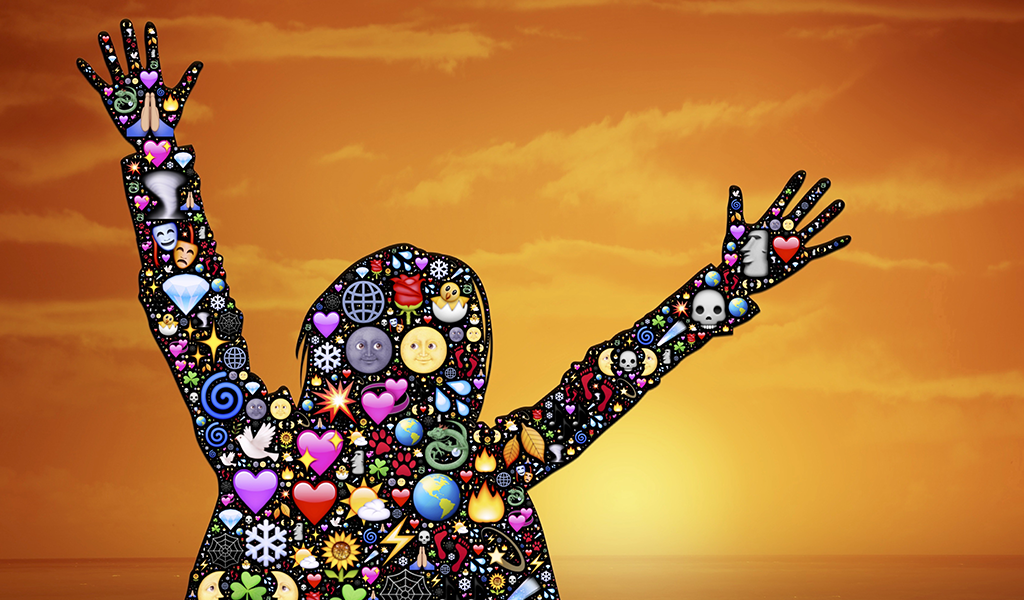
 Helping others is an excellent way to make this world a better place while increasing the positive energy in your life. You can take a stand against bullying by being an Upstander with the Tyler Clementi Foundation.
Helping others is an excellent way to make this world a better place while increasing the positive energy in your life. You can take a stand against bullying by being an Upstander with the Tyler Clementi Foundation. 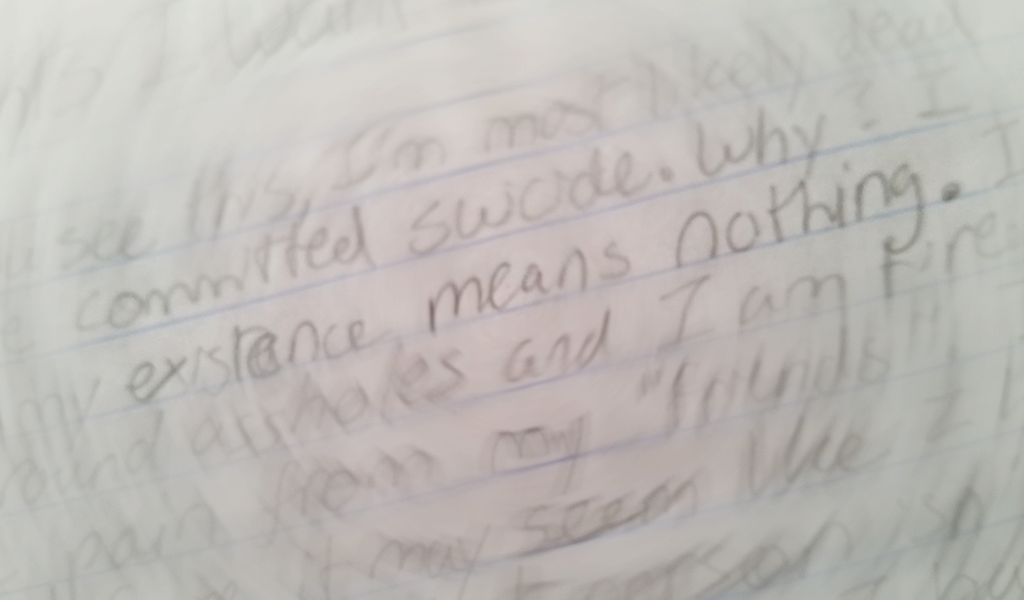
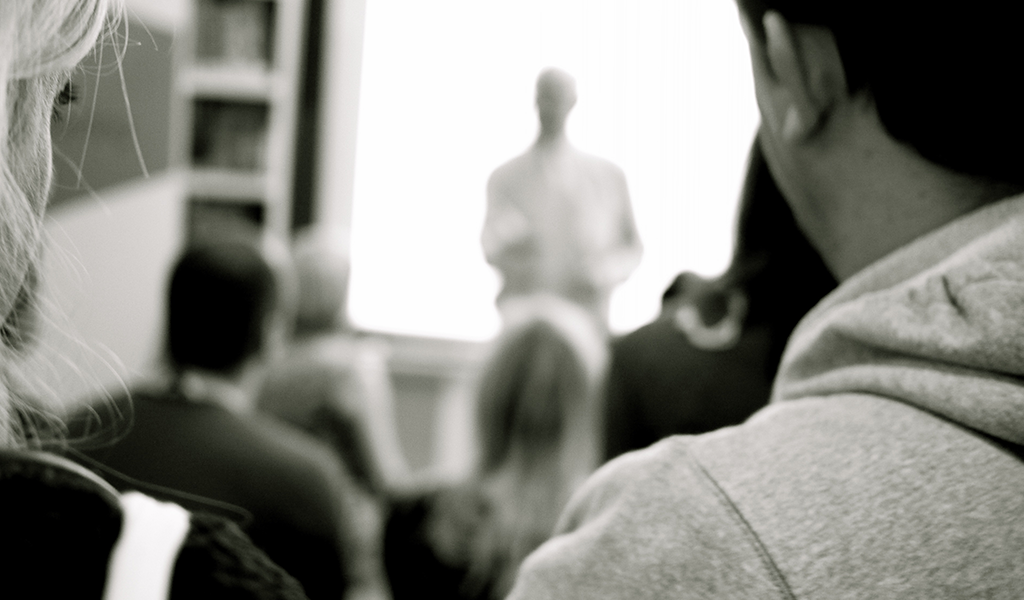
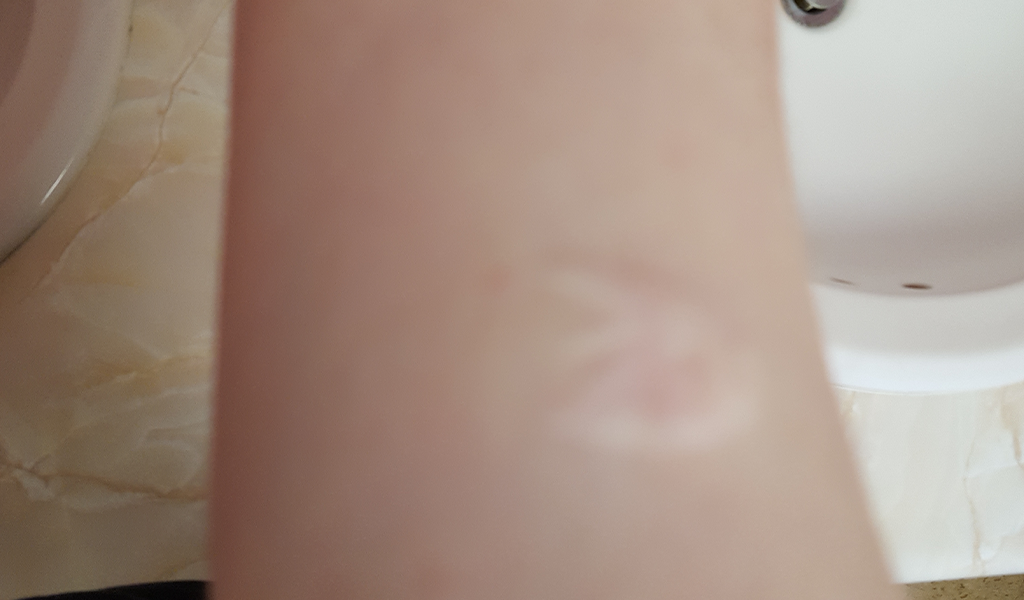
 In the following days, I decided to pretend to be sick so my Mom wouldn’t make me go to school. That plan eventually had to end after four days of not going to school.
In the following days, I decided to pretend to be sick so my Mom wouldn’t make me go to school. That plan eventually had to end after four days of not going to school.